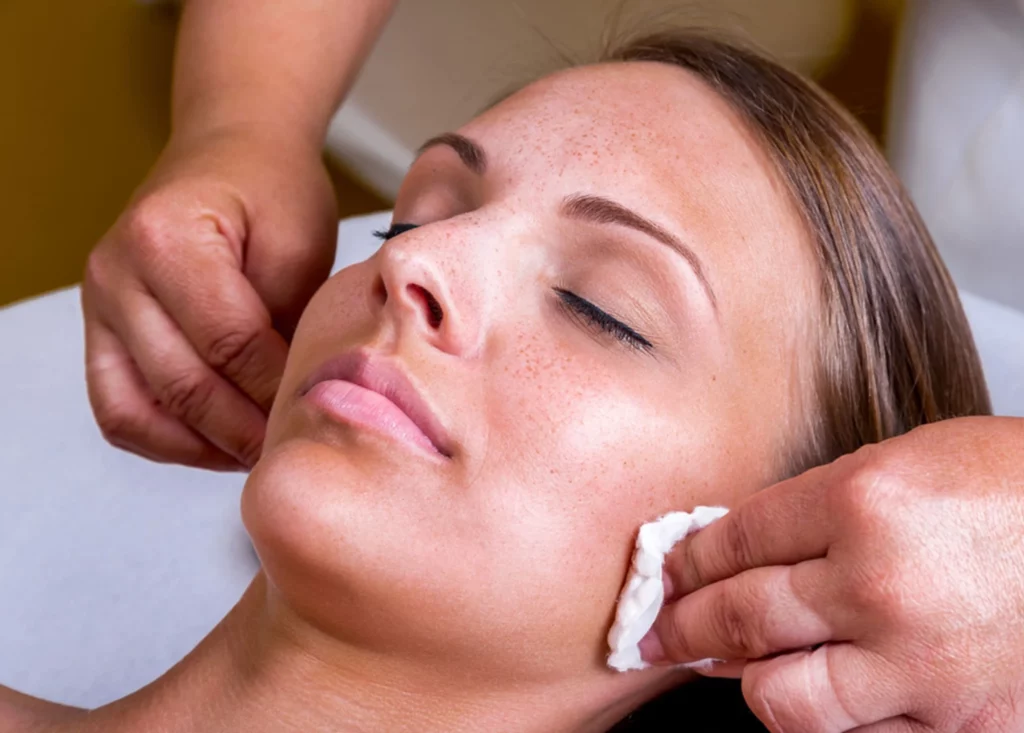Chemical peels are popular cosmetic treatments among those looking to rejuvenate the skin and address various concerns, such as acne, hyperpigmentation, and fine lines. However, individuals with sensitive skin are often doubtful about undergoing chemical peels due to the potential for irritation and adverse reactions.
The good news? With the right approach and proper precautions, individuals with sensitive skin can still benefit from the transformative effects of chemical peels.
Keep reading and learn how to find the right balance between sensitive skin and chemical peels and how to achieve desired results safely and effectively.
More About Sensitive Skin
Sensitive skin is characterized by a heightened reaction to environmental factors and skincare products. Individuals with sensitive skin often experience symptoms like redness, itching, stinging, and dryness. It is crucial to understand your skin’s unique needs and limitations before considering any cosmetic treatment, including chemical peels.
Consultation with a Skincare Professional
If you have sensitive skin and are interested in a chemical peel, it is essential to consult with a skincare professional who specializes in cosmetic treatments for sensitive skin. They will assess your skin’s condition, sensitivity levels, and overall health to determine if a chemical peel is appropriate for you. A thorough consultation will allow the professional to recommend the right type and strength of chemical peel that will be safe and effective for your specific skin concerns.
Choosing the Right Type of Chemical Peel
 There are different types of chemical peels available, ranging from superficial peels to medium or deep chemical peel. For sensitive skin, a superficial peel is generally recommended as it targets the outermost layer of the skin, resulting in minimal downtime and a reduced risk of adverse reactions. Common types of superficial peels include alpha hydroxy acid (AHA) peels and mild salicylic acid peels. These peels are gentler on the skin and can help address mild to moderate skin concerns without excessive irritation.
There are different types of chemical peels available, ranging from superficial peels to medium or deep chemical peel. For sensitive skin, a superficial peel is generally recommended as it targets the outermost layer of the skin, resulting in minimal downtime and a reduced risk of adverse reactions. Common types of superficial peels include alpha hydroxy acid (AHA) peels and mild salicylic acid peels. These peels are gentler on the skin and can help address mild to moderate skin concerns without excessive irritation.
Preparation and Post-Care
To ensure the best outcome, it is crucial to prepare your skin adequately before a chemical peel and follow proper post-care instructions for a better recovery time. Your skincare provider will provide detailed guidelines, but generally, you may be advised to avoid harsh exfoliants, retinol products, and other potential irritants for a certain period before the peel. Additionally, after the treatment, you may need to follow a gentle skincare routine using mild, non-irritating products and protect your skin from sun exposure with sunscreen and protective clothing because your skin is temporarily more sensitive to the sun.
Frequency and Gradual Increase in Intensity
For sensitive skin, it is advisable to start with milder chemical peels and gradually increase the intensity over time, if necessary. This approach allows your skin to acclimate to the peels and minimizes the risk of irritation. Your skincare provider will determine the appropriate frequency of treatments and monitor your skin’s response to ensure it remains healthy and balanced throughout the process.
If you’re looking for beautiful, healthy skin, Luminare Aesthetics & Wellness in Liberty or Blue Springs, MO, has a wide range of chemical peels available that can help you achieve your goals and concerns safely.
Call now and schedule your appointment with us!



